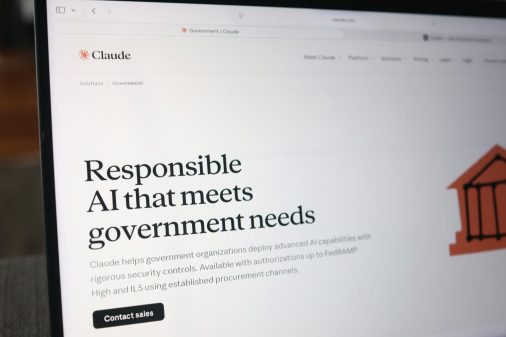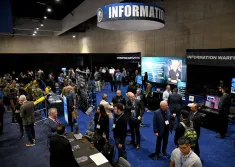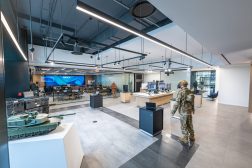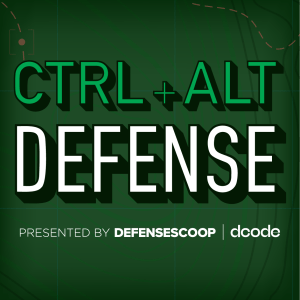Former Pentagon CIO appointed to senior position at Boeing
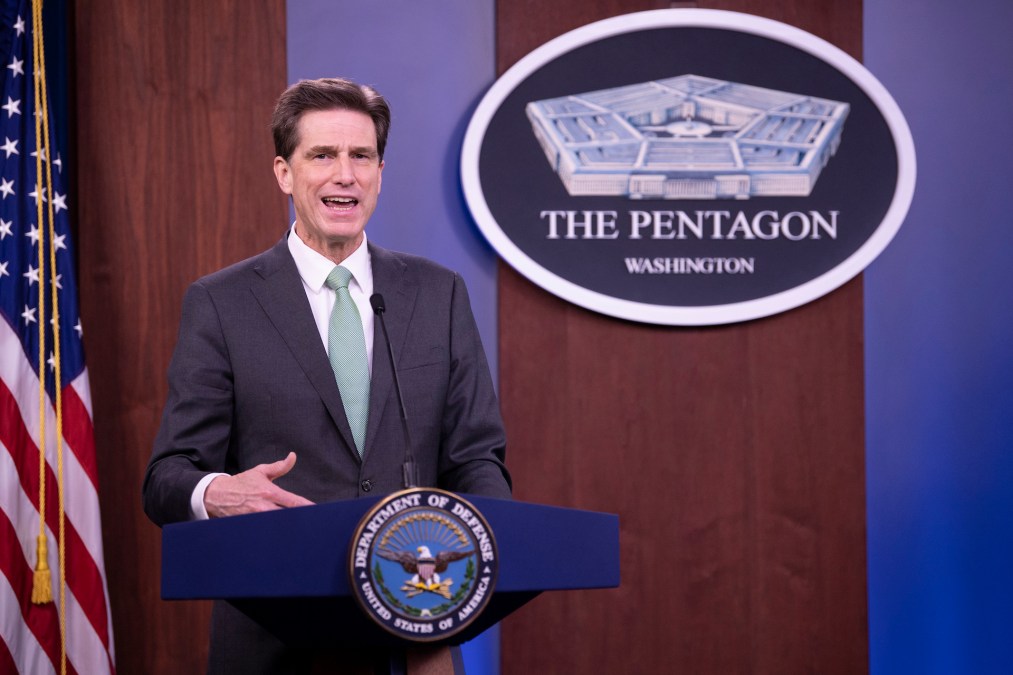
Former Defense Department Chief Information Officer Dana Deasy is now working at Boeing as the organization’s chief information digital officer and senior vice president for information technology and data analytics, the company announced Jan.3.
Deasy served as the Pentagon CIO during the first Trump administration starting in May 2018 and oversaw a variety of high-profile modernization initiatives.
He was at the helm when the department moved to large-scale telework as employees adapted to the COVID-19 pandemic. He established the COVID-19 Telework Readiness Task Force — which included officials from U.S. Cyber Command, Joint Force Headquarters-Department of Defense Information Network (JFHQ-DODIN), the National Security Agency, Defense Information Systems Agency, Joint Staff, the military services and the CIO’s office — to boost network capacity and deal with what he called an “unprecedented demand for new equipment ranging from tablets, laptops and network equipment to secure devices.”
Those efforts included rolling out tools such as the Commercial Virtual Remote Environment.
During his tenure, the Pentagon stood up the Joint Artificial Intelligence Center (JAIC) to help accelerate the adoption of AI by the Defense Department. The JAIC was later folded — along with several other organizations — into a new Chief Digital and AI Office (CDAO) during the Biden administration.
The department also adopted a set of AI ethical principles in 2020 while Deasy was CIO, which stated that the U.S. military’s tech in this area must be “responsible, equitable, traceable, reliable and governable.”
At the time, he suggested that those principles could also be relevant to the private sector.
“Having been on both sides, there is nothing in these principles as you read them that are uniquely and only specific to the DOD. Any one of these is absolutely applicable to the private industry as well,” he told reporters during a February 2020 press briefing, according to a DOD transcript. “Am I trying to suggest that we are going to be the leaders in driving out in the corporate world? No. The corporate world will pick up at that and deal with it in the appropriate way. But I think the application of how you could apply these are very applicable to private industry.”
Deasy was an advocate for enterprise cloud efforts, but the department’s ill-fated Joint Enterprise Defense Infrastructure (JEDI) initiative fizzled during his tenure. The Pentagon later replaced it with the Joint Warfighting Cloud Capability (JWCC) program.
When officials released a new data strategy in October 2020, Deasy likened data to “ammunition,” saying in a statement that it was “increasingly central to warfighter advantage on and off the battlefield” and needed to be “persistently available to the men and women of the DOD regardless of echelon or geographic location.”
After leaving the Defense Department in 2021, Deasy started his own advisory company, served on corporate boards and was an adjunct professor at Carnegie Mellon University, according to his LinkedIn profile.
John Sherman succeeded Deasy as Pentagon CIO and served in that position during most of the Biden administration. Last year, Sherman left the department to become dean of the Bush School of Government and Public Service at Texas A&M University. Leslie Beavers is currently serving as acting DOD CIO.
Prior to his time at the Pentagon, Deasy worked in corporate leadership positions, including in CIO roles for JPMorgan Chase & Co., BP, General Motors, Tyco International and Siemens AG.
In his new role at Boeing, he’ll “oversee all aspects of information technology, information security, and data and analytics” and serve on the firm’s executive council, the company said in a press release.
Boeing is an aerospace giant and a contractor for a variety of major DOD programs.
Deasy will report to Kelly Ortberg, Boeing’s president and CEO.
“Dana is a well-respected, global technology leader who has a track record of delivering on innovative technologies across large and complex organizations,” Ortberg said in a statement. “With the need to stay vigilant to protect against cyber threats, and emerging technologies like artificial intelligence playing a larger role across all industries, our IT team will have a key role as we focus on meeting our safety and quality goals, delivering reliably for our customers and positioning ourselves for the future.”
